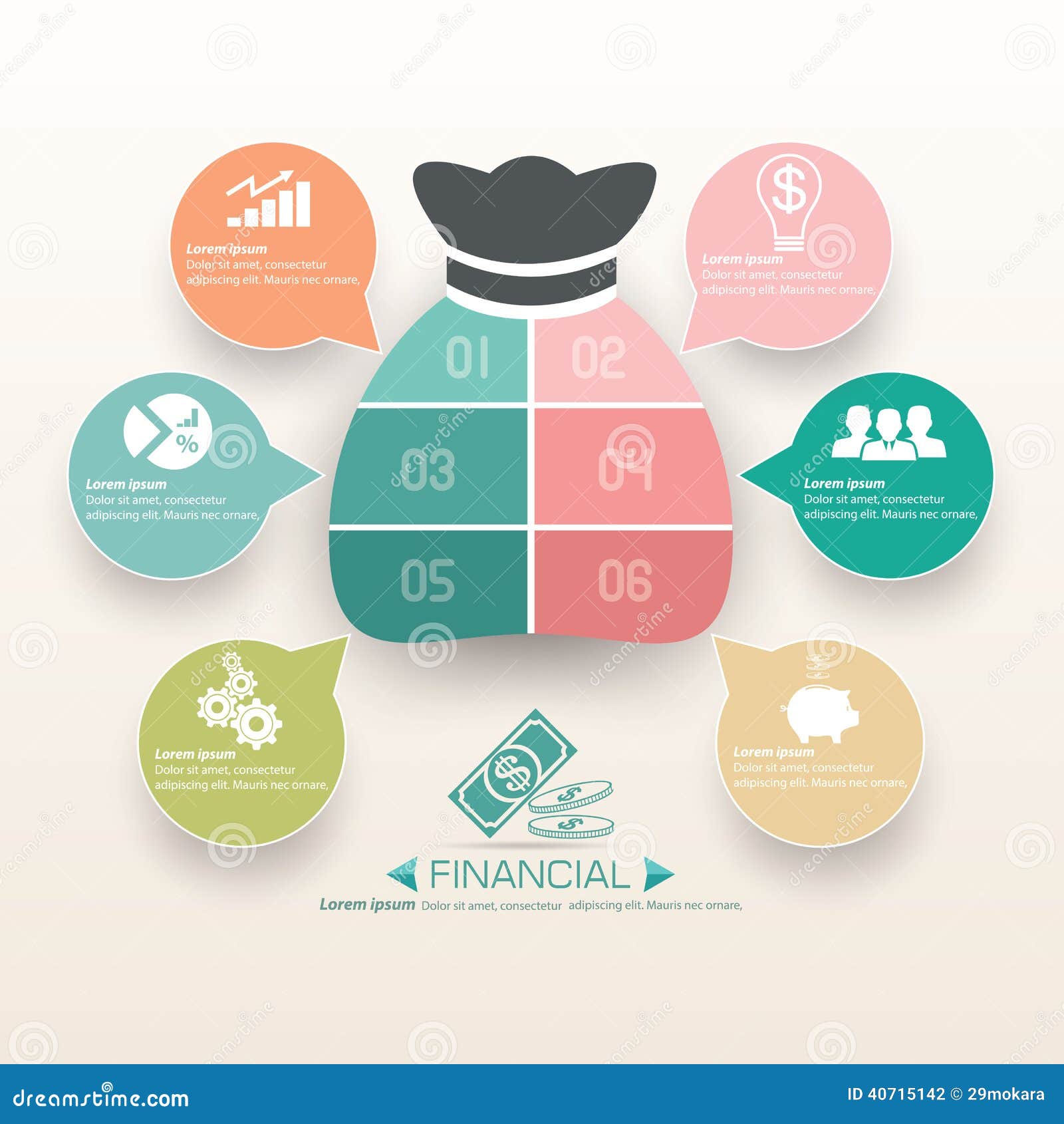The Consequences Of Falling Short To Meet Efficiency Bond Commitments
The Consequences Of Falling Short To Meet Efficiency Bond Commitments
Blog Article
Created By-
When surety bond bad credit , it guarantees that the principal (the event that buys the bond) will certainly meet their responsibilities under the bond's terms. If the primary stops working to fulfill these responsibilities and defaults on the bond, the surety is accountable for covering any type of losses or damages that result.
1. Loss of reputation: Back-pedaling an efficiency bond can harm the principal's reputation and reliability, making it tougher to secure future organization or funding.
2. Legal and management costs: The surety may need to pay lawful and management costs related to pursuing the principal for damages or attempting to remedy the circumstance.
3. Economic losses: The surety might need to cover the expense of finishing the project or supplying the services that the principal fell short to deliver. This can result in significant financial losses for the surety.
4. Increased costs: If the principal has a background of back-pedaling efficiency bonds, they may be needed to pay higher premiums in the future to obtain the required bonding.
Generally, back-pedaling a performance bond can have serious monetary effects for both the principal and the guaranty. It's important for principals to thoroughly consider their commitments and guarantee they are able to meet the terms of the bond to stay clear of these adverse outcomes.
mouse click the following post on a performance bond can be a pricey mistake for businesses. When you stop working to fulfill the bond's responsibilities, the financial repercussions can be considerable. From paying the complete bond amount to possible lawful fights and damaged connections, the repercussions can reverberate throughout your company procedures. Understanding the intricate web of financial effects that defaulting on an efficiency bond can have is critical for safeguarding your firm's monetary wellness and track record.
Financial Penalties for Defaulting
If you default on an efficiency bond, you'll likely face significant financial penalties. These fines can differ depending on the terms of the bond contract but usually entail paying the bond quantity completely to the obligee. This suggests that if you fail to fulfill your legal responsibilities, you need to pay the bond total up to the project proprietor or the entity that needed the bond.
Furthermore, you may additionally be in charge of any type of added costs sustained by the obligee due to your default, such as locating a substitute professional or covering task hold-ups.
Back-pedaling an efficiency bond can also cause lawful costs and court prices if the obligee makes a decision to take lawsuit against you to recuperate the bond amount. These expenditures can promptly build up, additional worsening the financial impact of your default. It's essential to meticulously assess and understand the regards to the efficiency bond to stay clear of these serious punitive damages.
Influence On Service Capital
Defaulting on an efficiency bond can dramatically affect your business cash flow, impacting financial security and operational abilities. When you default on a performance bond, you risk shedding the bond quantity, which can be a significant amount. This loss directly impacts your capital, as you'll require to find alternate sources of moneying to cover the bond quantity. Moreover, defaulting can lead to enhanced scrutiny from guaranties, making it more difficult and a lot more expensive to safeguard bonds in the future. This can additionally stress your cash flow as you might require to allocate extra sources to fulfill bonding requirements.
The effect on your capital doesn't stop there. Defaulting on an efficiency bond can likewise result in task delays or terminations, causing a loss of revenue. In bond and surety , the negative track record that features skipping can prevent possible customers, further decreasing your capital. On the whole, back-pedaling an efficiency bond can have damaging impacts on your business's monetary wellness and capability to run efficiently.
Legal Implications and Legal Actions
Facing legal implications and prospective lawsuits as a result of defaulting on an efficiency bond can dramatically impact your business's reputation and economic standing. When you default on a performance bond, the surety business may take legal action to recoup the bond quantity paid out. This could result in expensive legal costs, court expenditures, and potential settlements or judgments against your business.
Moreover, defaulting on a performance bond may lead to damaged relationships with clients, subcontractors, and suppliers, influencing your ability to secure future agreements. Legal actions arising from bond defaults can tarnish your business's reliability in the sector, making it challenging to attract brand-new companions or customers.
Additionally, if the default brings about a court judgment against your company, it might result in asset seizure or liens, additionally straining your monetary stability. As a result, it's important to recognize the lawful implications of back-pedaling an efficiency bond and take proactive steps to minimize the risks included.
Verdict
As you encounter the effects of back-pedaling a performance bond, remember this: it's like walking a tightrope without a safety net. One wrong step can send you plunging right into a financial freefall, with no method to stop the fall.
The punitive damages, capital effect, and lawful implications are all waiting to capture you if you blunder. So walk thoroughly, and always recognize your dedications to prevent the extreme repercussions of default.
